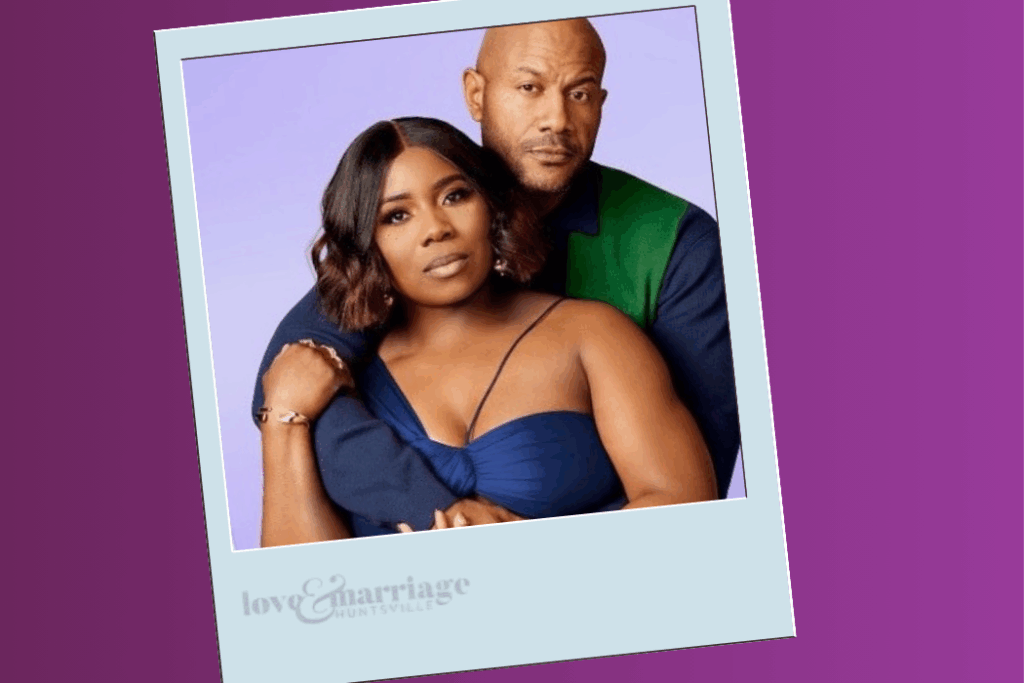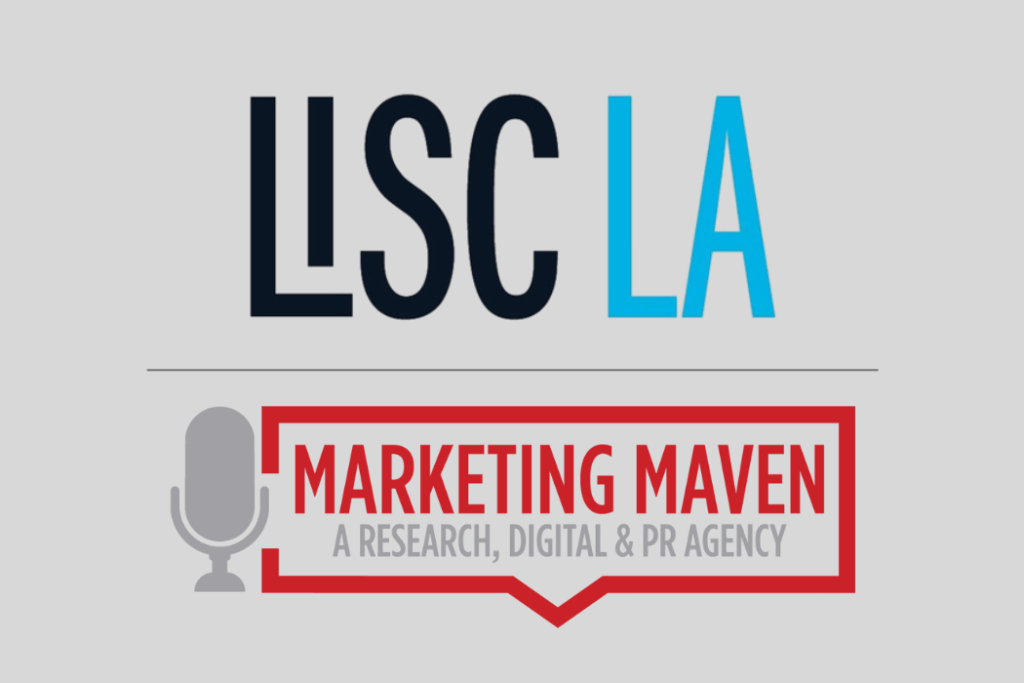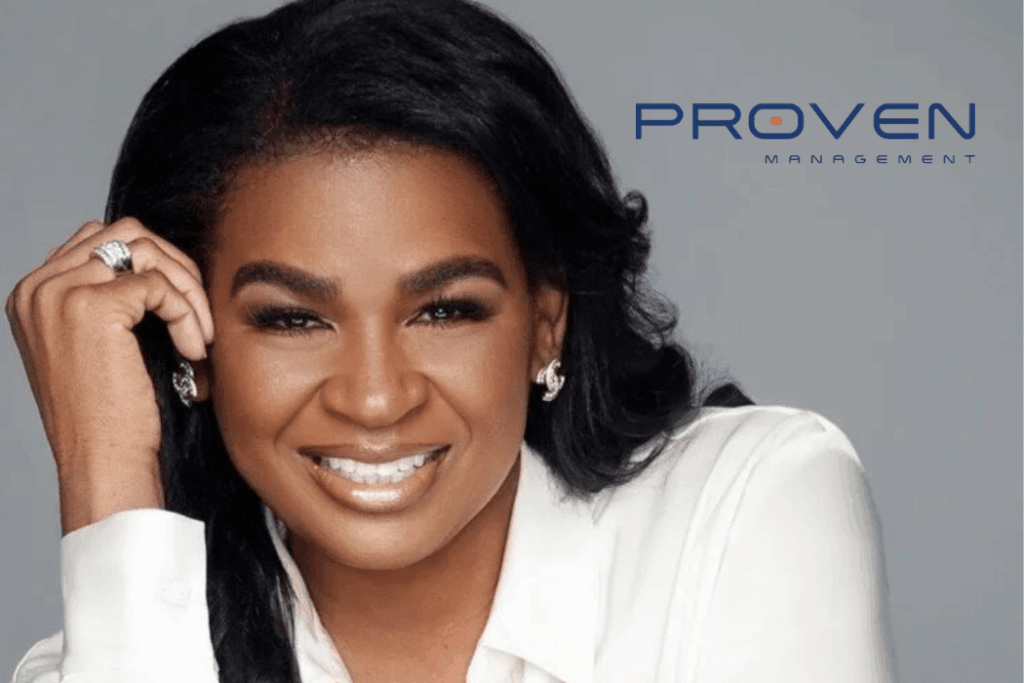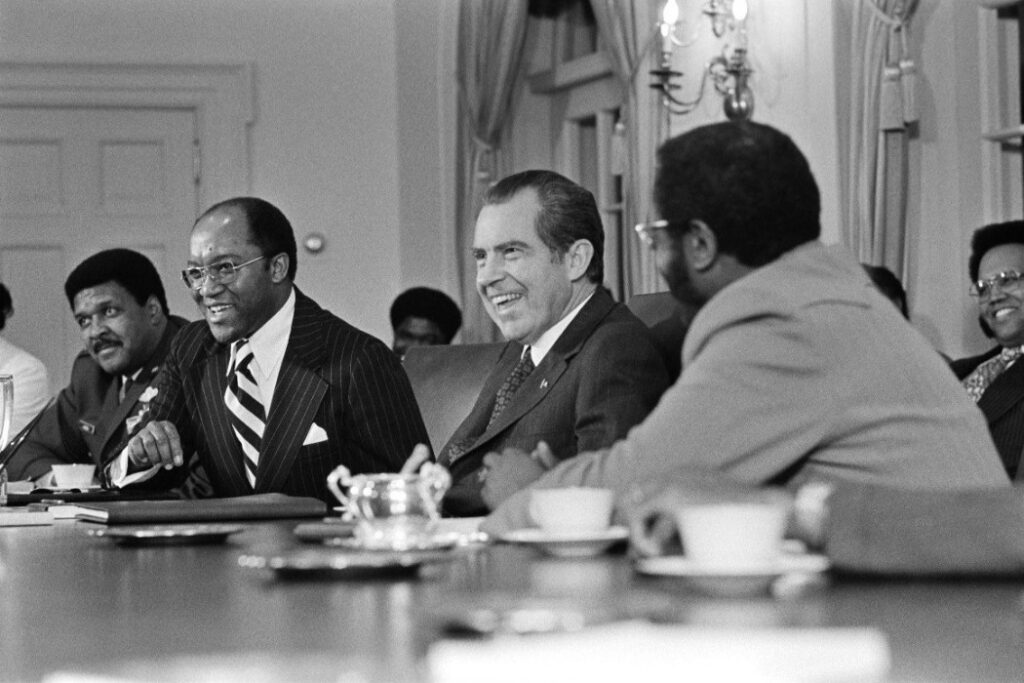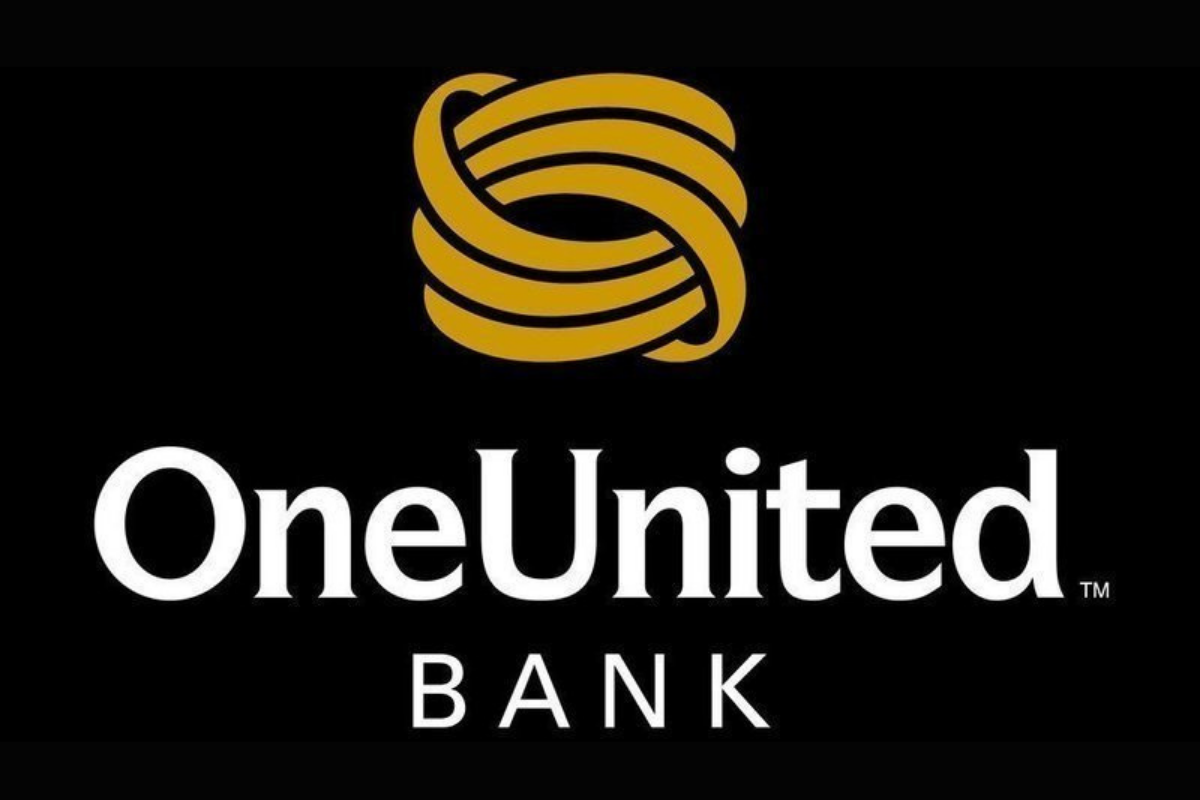
OneUnited Bank, the largest Black-owned bank and the first and only Black-owned digital bank in the country has joined forces with Visa for the OneTransaction Campaign to close the racial wealth gap. The Campaign includes a state-of-the-art, free virtual financial conference on Juneteenth (June 19, 2021).
The #OneTransaction Campaign encourages Black families to select One Transaction to accomplish in 2021 and provides action steps to accomplish that transaction.
Kevin Cohee, Chairman & CEO of OneUnited Bank, recently sat down with MBE magazine to discuss the OneTransaction program and building net worth in the Black community.
Cohee’s answers have been edited for brevity and clarity.
Q: Explain the origins of your partnership with Visa.
Cohee: The racial wealth gap is the root of a lot of the challenges that we face as society. The average white family, [has] 10 times the net worth of the average black family. To put that in numbers, the average white family has a net worth of about $171,000. And the average black family has a net worth of about $17,000. So, we decided to devise a program to eradicate that wealth gap–– The OneTransaction Program––as part of our role as America’s largest black owned financial institution. The reason we call it, The OneTransaction Program is because when you look at the actual numbers, 170 and 17 in today’s dollars, it really isn’t a huge amount of money.
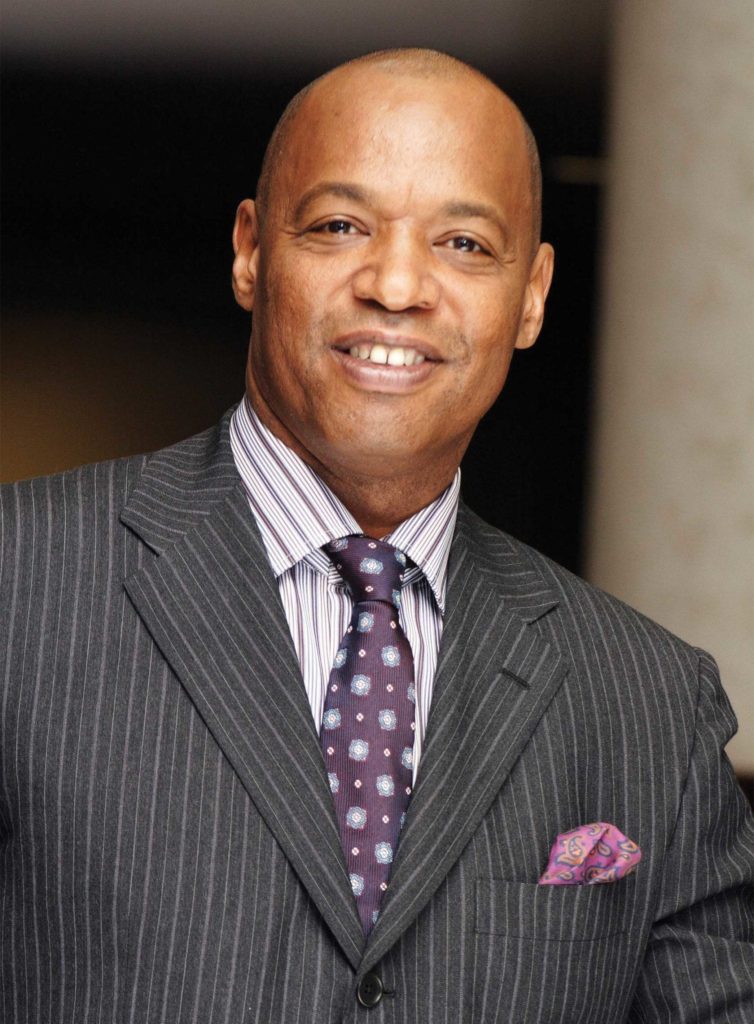
And what I mean by that is that in most places in the United States, if you bought a home, even just the single family home, anytime in the last five years. It would have increased in value close to or more than $100,000. So, with a single transaction, you could make up the difference between 107 and $17,000. That’s why we call it OneTransaction. If you can engage in one successful, well-planned transaction, you can eradicate the wealth gap for your family. And our goal is to get Black American families across the country to participate in that process.
We decided to partner with Visa because we’ve been partnering with them for a long time and they were also very interested in this challenge. They were interested in supporting a Black loan institution that had a viable plan for effecting and helping to eradicate the effects of systemic racism and to eradicate the wealth gap.
Q: Explain the success of the program and how you believe it will close the racial wealth gap.
Cohee: The OneTransaction program has been a big success; tens of thousands of people have signed up for the [it]. What we’re doing is building s network or systematic process that can be understood.
It’s a matter of understanding and executing the six transactions that we talk about as part of our program. In learning about these financial transactions, people never talk about it in “plain speak.”
Usually in a situation where somebody is explaining financial transactions to you, they’re trying to sell you something. And they tend to make it sound more complicated than it needs to be. We present the financial information in plain speak, because we don’t have a financial motivation. Our motivation is to increase the net worth of Black America. We tell you what the transactions are and explain what you need to do to successfully complete those transactions in plain English.
We believe that that’s one part of the key to the success of this program. The second part of it is inspiring the individual to complete the transaction. And we use social media to do that. We communicate through texts and emails, with encouraging words, to provide information and help a person to track their progress. We seek to motivate the individual to successfully complete this process so that they could build that net worth. The third part of it is motivating the overall community. The beauty of our situation as Black Americans, right now, is that we’re finally organized. What I mean by that is as far back as slavery, it’s been very clear to our leadership that we needed to become organized. Everybody talked about it from Malcolm X to Martin [Luther King, Jr.], we need to be organized.
With the ability to reach a billion people with a single text, it’s up to our leadership, which is in part our institutions, like OneUnited, to send messages that will help the group to grow and prosper. We’re going to try to make financial literacy, i.e., building net worth, a core value of Black America. We want Black Americans to be sitting around talking about, “Hey, what kind of insurance do you have, man? What does it cover? How much did you pay for it? Do you have a will? Wow. You know, like what’s in your will. What starts to y’all? I heard about this. I heard about that.” We want it to be the way we think and talk about things like sports or other forms of entertainment. We want building your net worth, being financially literate, to be part of that discussion in Black America––something we talk about, something we share, something that we use that old proverb, “Each one, teach one,” to help us, as a people, to prosper.
Our strength is in our numbers and our affinity. We can’t detach from each other, even if we want to because everybody’s going to put us together. So, the idea is to have our people come to understand the transactions that are critical to our success, to teach them how to do those transactions, and to inspire an individual and the broader community to participate in these processes in a substantive way.
Q: That type of outreach works for people who are active on social media but what is your plan for reaching those who aren’t really dialed into social media interaction?
Cohee: Like so many things, we go to work on the 80 percent. And what I mean by that is that as we go through the pandemic, as horrible as the pandemic has been, and it has been horrible, 80 percent of us still have jobs. As horrible as it’s been, we lost 50 percent of our businesses, but we still have 50 percent of our businesses. And like so many things you have to deal with what you have. That’s the most important starting point because we will all be stronger by some of us being stronger. This program can’t solve every social ill there is, but this works. We’re not guessing about this. I’m not trying to figure this out. I know what I’m talking about. These transactions work. And if you execute these transactions, you will be better off. A lot of it’s just common sense here.
Right now, we’re sitting here with 28 percent of our people with wills. Well, the one thing that’s for sure is that Black Americans that are alive today, eventually 100 percent of them are going to die. If we want to transfer our assets intergenerationally, we need wills. So, the point of it is that building net worth is not a difficult thing. It’s not a hard thing. The reason we don’t have net worth is because we were discriminated against it. It wasn’t us. It was them. It was laws that were used to suppress our economic development. Then, it was America allowing white Americans to oppress us in various ways.
It’s not that they have more money. It’s not that they’re smarter than us. It’s not that they are more responsible than us. It’s that systemic racism is real, and it had a real impact on our ability to build net worth. Now, what we have use our strengths as a people, which is our affinity and understanding of each other, to communicate the messages we need to communicate to cause us to engage in behavior that’s going to increase our net worth.
To find out more about OneUnited Bank’s OneTransaction program, visit oneunited.com or download the app. The program is free for all participants.




